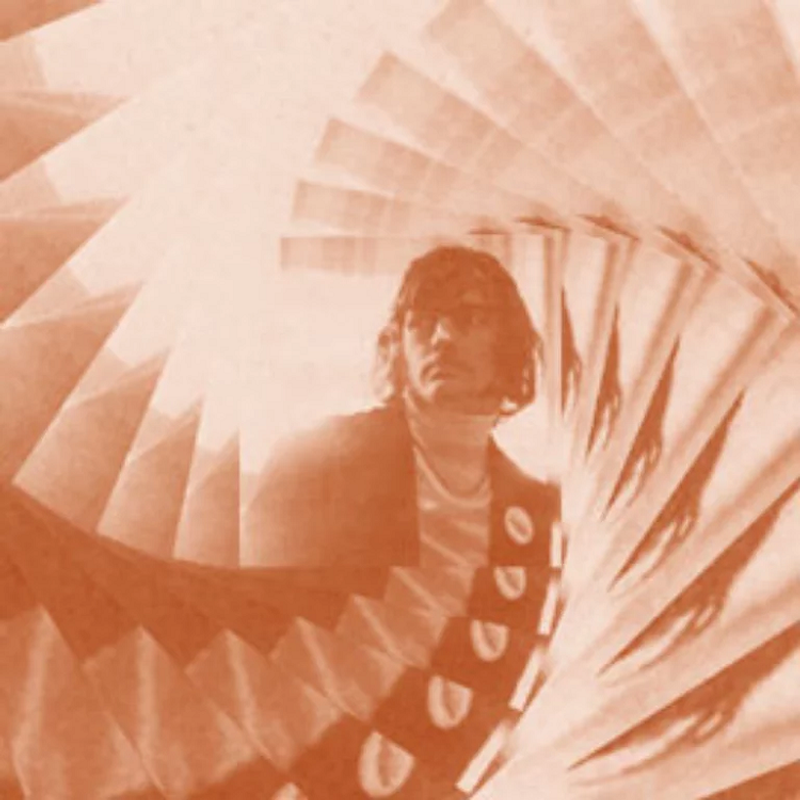






From: Brighton, England

Tim Hollier is considered by most to have been one of the more underrated British singer-songwriters to occasionally veer his music successfully into the realm of psychedelia. Originally born in the south coastal town of Brighton, England during the summer of 1947, Hollier moved to London in the mid 60s where he became involved in the city's budding folk scene, playing alongside David Bowie and Joe Cocker, among others. In 1968, he graduated with a Fine Arts degree and not long after, signed a record deal with the United Artists label. Later that autumn, Hollier issued his debut LP titled Message To A Harlequin, which includes the rather complex, standout track 'And Where Were You That Morning Mr. Carroll' featured here on TWOS. About a month later, he recorded a session for the BBC radio show Night Ride to promote the album, but unfortunately it didn't sell that well prompting United Artists to drop him.
Hollier continued to write songs into 1969 and was eventually snatched up by the Fontana label that year. A self-titled, second LP was then released during the summer of 1970, which is a bit more spacey than his first effort and contains the excellent 'Seagull's Song'. Another record company switch to Phillips the following year produced a third album titled 'Skysail', which is far more pedestrian than his former works. A final LP (The Story of Mill Reef: Something To Brighten the Morning) was issued in 1974 before Hollier decided to enter the publishing side of the music business, which garnered him huge success after co-founding Filmtrax, which went on to own major catalogs including the complete ABBA collection, Columbia Pictures Music Group, Novello & Co, and Belwin Mills. Hollier then founded Screen Music Services, and later co-founded Music Copyright Solutions and the Atlantic Screen Group of companies. He continued on with his success until his unexpected death in 2017 during a routine medical operation.
Artist information sources include: The book, 'Tapestry of Delights Revisited' by Vernon Joynson.